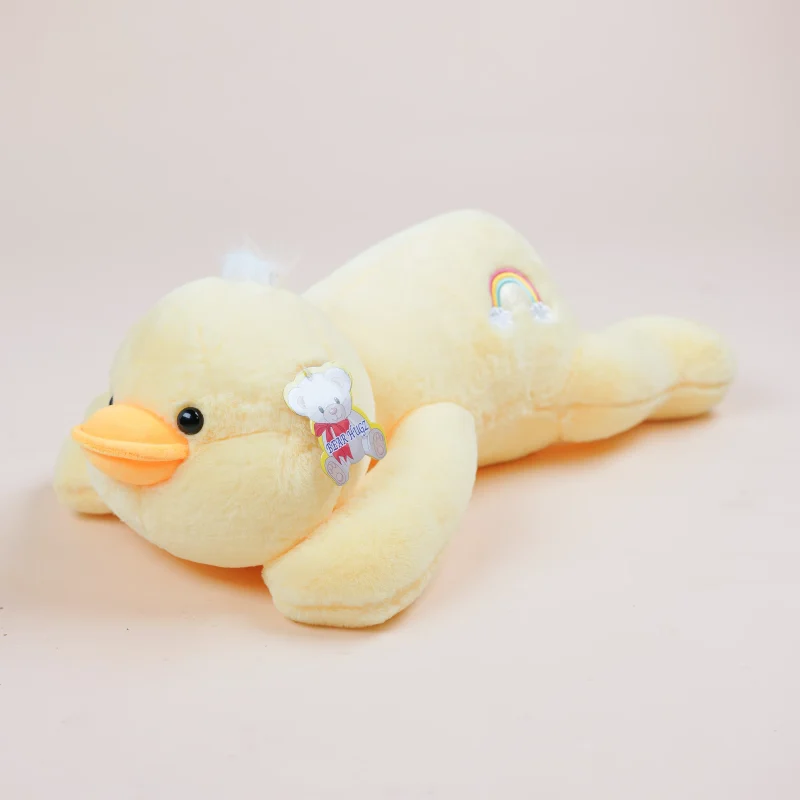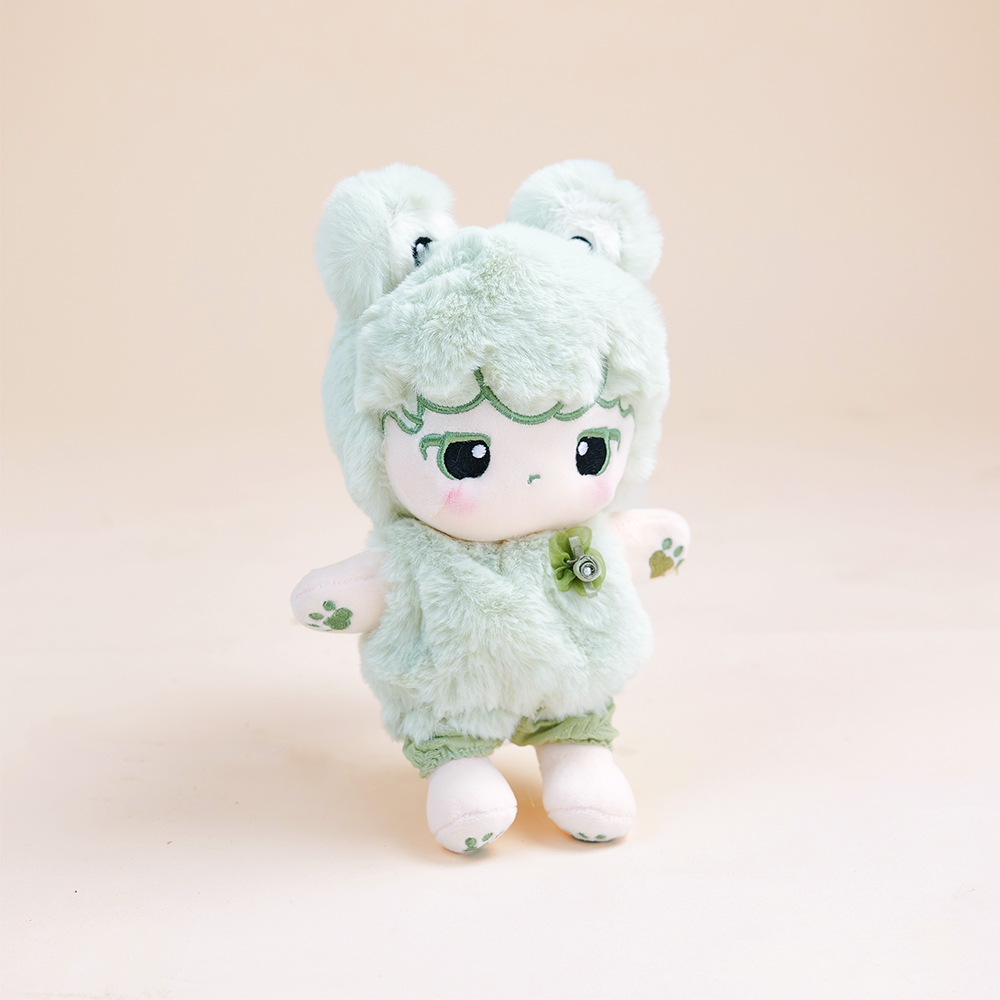
A little girl is a stuffed toy fan, and she is obsessed with a stuffed teddy bear. When playing, she has to hold the teddy bear with one hand and play with the other; when eating, the teddy bear also has to be held in her arms; of course, she must also sleep with the teddy bear. Otherwise, it is difficult to fall asleep …… Besides, she does not allow other children to play with her teddy bear. Then one day, the teddy bear disappeared, and the little girl cried and did not want to sleep. The whole family went out to look for a long time and finally found it under the bed. The girl hugged the teddy bear and went to sleep …… This is a recent message from an anxious mother; many people told her that the child is “not normal”. There are often, some mothers and fathers ask similar questions: for example, children love small blankets, dragging everywhere; for example, children love her plush shoes, other shoes are not worn; for example, children love his plush pajama pants, day and night out to wear …… for children these phenomena, many online articles always say –loving stuffed toys and blankets are a sign that the child is insecure and psychologically ill. This is irresponsible and will bring anxiety to many families.
Is a child with a “soft object attachment” complex “sick” or not? In a study conducted by Richard Passman, a child psychologist at the University of Wisconsin, and others, it was found that the phenomenon of “soft object attachment”, in which children are attached to stuffed animals or soft objects, is widespread throughout the world: for example, in the United States, the Netherlands, New Zealand, and other countries, the percentage of children with “soft object attachment” is up to In the United States, the Netherlands, New Zealand, and other countries, the proportion of children with “soft object attachment” reaches 3/5, Korean children 1/5, London children 1/6. 1/6 of them have a specific obsession, such as pacifiers; in the group of 1.5-2 years old, the proportion of fetish rises to 2/5; by the time they are 5 or 6 years old, the proportion of children’s fetish drops to 1/12. It is worth noting that most children who liked stuffed animals or soft things did not feel insecure and had a not-bad parent-child relationship with their parents. As early as 1953, psychoanalyst Donalds Winnicott referred to this phenomenon as empathy, a transitional manifestation of children’s independent development. As children slowly grow up, some may transfer certain emotional attachments to objects such as a blanket, soft toy, handkerchief, soft towel, or pacifier as they slowly become psychologically independent. But why something soft and squishy? We know that exposure to softness brings comfort and warmth, much like the feelings brought about by a mother kissing, stroking, or hugging her child. As the mind grows, most children will eventually be able to get rid of the “soft object attachment”. Therefore, most children who love to hug stuffed animals, drag blankets, or bite pacifiers are normal in their “soft object attachment,” and parents need not worry too much.
Be alert to these unusual behaviors. Once, an American mother named Sarah adopted a well-behaved little girl from an orphanage. When she picked up the little girl from the orphanage, she watched as she carried a dirty and smelly stuffed goose into the car and her new home. When Sarah tried to help the little girl take a bath and pull the dirty, smelly stuffed goose out of her hands, it caused the little girl to resist strongly. Like an unhinged beast, the little girl rushed up and grabbed Sara’s arm to bite. This little girl’s reaction is abnormal. Later, Sara learns that the dirty and smelly stuffed goose is the little girl’s birth mother who bought her a birthday present, and on her birthday, her birth mother and father died in a car accident. Since then, she took the plush toy goose as “mom”, and behind is a strong sense of insecurity. So, which “soft object attachment” phenomenon of children, mothers, and fathers can be free from anxiety? Children love to touch soft things too, wear soft plush clothes, like soft pinch toys like to bite small soft handkerchiefs …… but mom and dad, after persuasion, can temporarily put down mom and dad with similar material toys or towels children. Children can also gladly accept. When a toy or blanket needs to be cleaned or destroyed, the child does not show an overwhelming emotional response. In addition, children with abnormal “soft object attachment” can easily show abnormal anxiety in other areas. For example, a little girl with “soft object attachment” hates to brush her teeth with a patterned toothbrush and will try to grind it off when she sees it. A little boy with a “soft attachment” is afraid of the ticking of the alarm clock and will sweat every time he hears it; a little girl with a “soft attachment” cannot have red vegetables on the table when she eats and will feel sick when she sees red vegetables. Feel sick ……
Emotional development of normal children often play with stuffed toys, but the benefits a mother once told me that her 3-year-old son to the plush duck as a “real” best friend, not only often hugging and playing, but also play games with the plush duck. Sometimes he talks to the stuffed duck and even buys snacks to help the duck prepare a …… This mother is worried that the child has mental problems. Children treat stuffed toys as “real friends”, and even children whisper into the air, which is the phenomenon of “fantasy partners” in children’s development. I am reminded of an incident where a local family support organization gave 600 stuffed teddy bears to families with young children after 9-1-1 in the United States. So, as New York developmental psychologist Arietta Slade says, stuffed animals can bring a sense of security to children in addition to comfort. In addition to children, many adults also have a normal “soft object attachment” complex. For example, some adults like to give gifts of stuffed toys; for example, some people prefer plush pajamas to other materials in the winter; for example, some older people prefer to wear a blanket rather than other blankets … . …they will feel more relaxed and comfortable with these things around. Parenting is sometimes like stepping on a strip in a dark room, and when someone exclaims “snake”, you pee your pants and run away; when the room is lit, you realize the strip is just a round belt.

